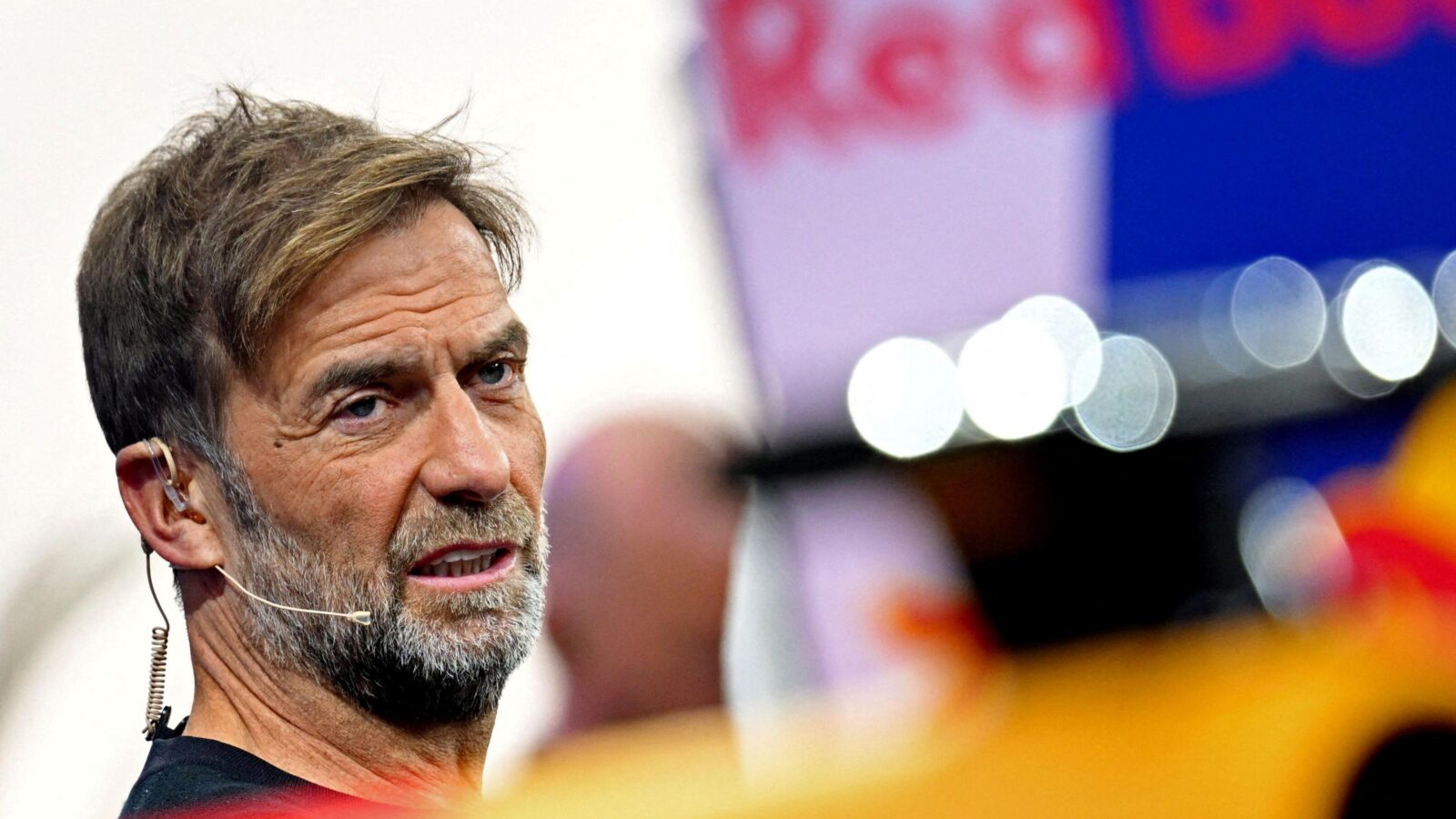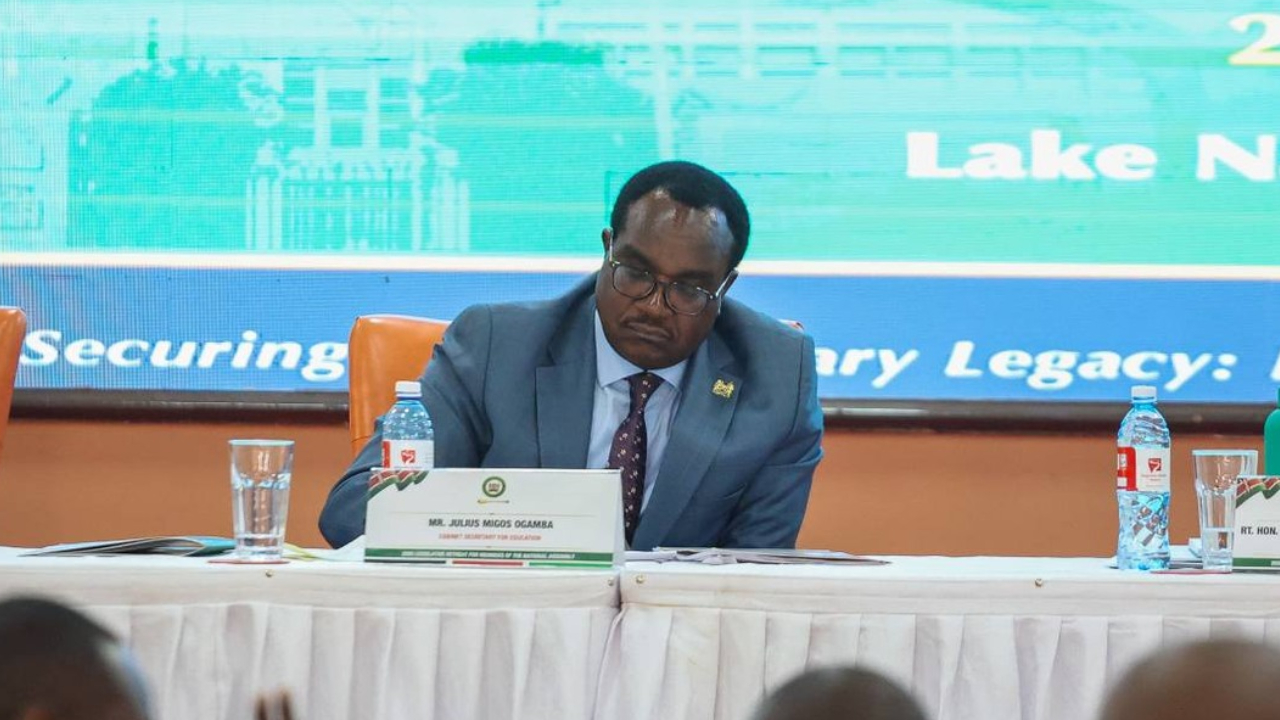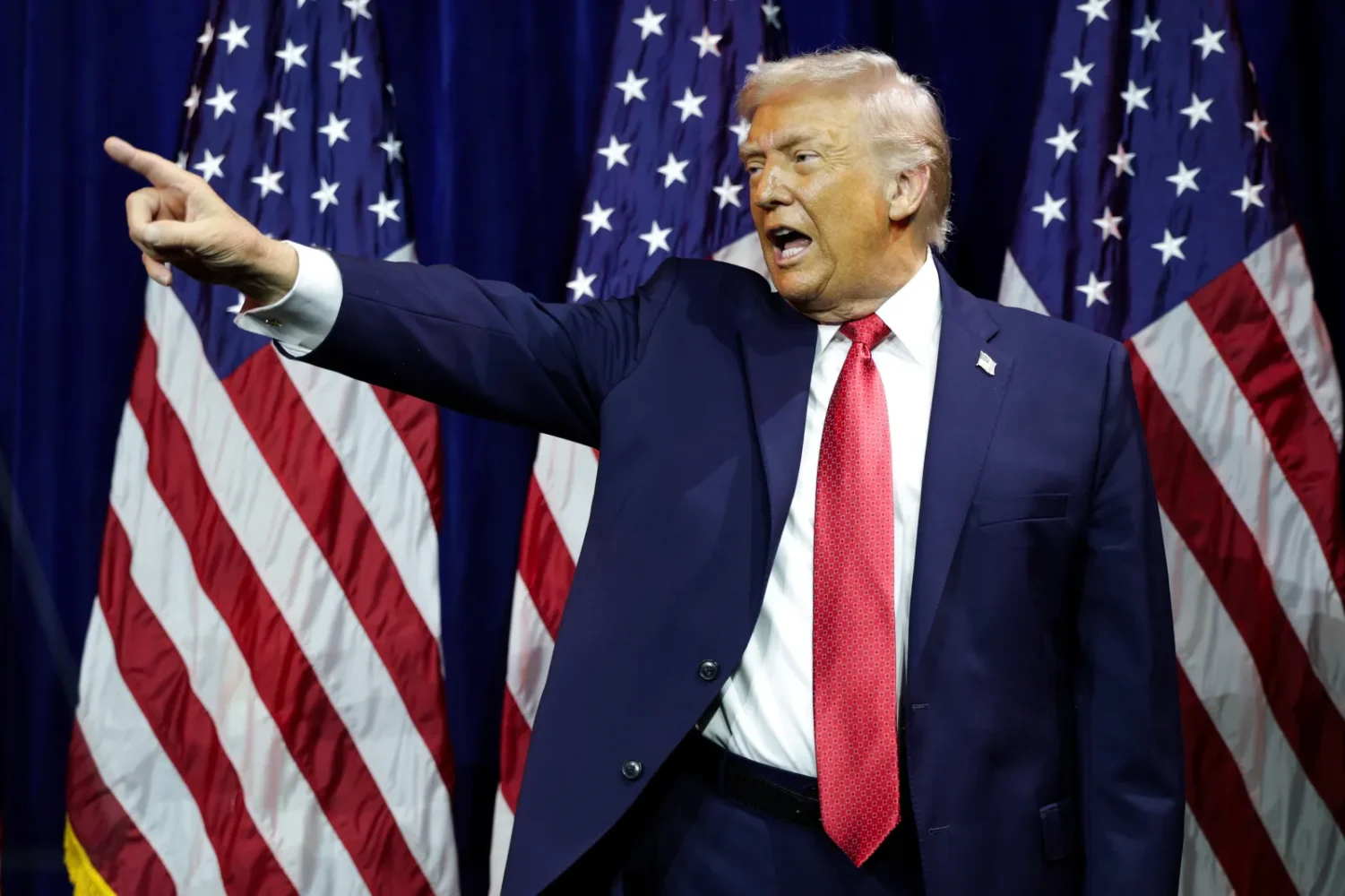Jurgen Klopp is not known for holding back and once again, the former Liverpool boss has made headlines by labelling FIFA’s expanded Club World Cup as the “worst idea ever implemented in football.”
Now head of global soccer for Red Bull, the German coach has reignited the debate over player welfare, bloated schedules, and whether football’s global governing bodies are pushing the game , and its stars, past breaking point.
The German’s fresh criticism comes at a pivotal moment. This summer’s Club World Cup in the United States was the first under a new, bloated format: 32 teams, 48 games, and an even tighter squeeze on an already packed football calendar. One of Klopp’s Red Bull teams, Red Bull Salzburg, qualified for the tournament but exited at the group stage.
Yet for Klopp, who built his managerial legacy on high-octane pressing football at Borussia Dortmund and Liverpool, this issue runs deeper than any one club’s exit. Speaking to Welt am Sonntag, Klopp slammed the Club World Cup’s expanded format, calling it a symptom of a football industry where the decision-makers are detached from the brutal realities faced by players on the pitch.
“It’s all about the game and not the surrounding events — and that’s why the Club World Cup is the worst idea ever implemented in football in this regard,” Klopp declared.
“People who have never had or do not have anything to do with day-to-day business anymore are coming up with something. There is insane money for participating, but it’s also not for every club.”
This year’s tournament lands in a period where player workload has become one of the game’s hottest and most divisive issues. Last year alone featured both the Copa America and the European Championship. Next year, players will head straight from relentless club campaigns into another World Cup. The cycle leaves little time for genuine rest or recovery — physically or mentally.
Klopp’s frustration is backed by more than just fiery rhetoric. A recent report by FIFPRO (Fédération Internationale des Associations de Footballeurs Professionnels) — the global players’ union — warned that players should have a minimum four-week off-season break, a basic rest period that is now rarely respected for top-level players. This erosion of rest time is starting to take a toll.
In September, Manchester City’s midfield anchor Rodri — just days before suffering an ACL injury — warned that players were so overworked they were on the brink of striking. His team-mate Manuel Akanji even hinted he might have to retire by age 30 if the packed calendar continues unchecked.
And the pushback isn’t just coming from players. FIFPRO has taken its fight against FIFA’s scheduling to the European Commission, filing a legal complaint accusing football’s global governing body of “abuse of dominance” — specifically targeting the new Club World Cup.
Klopp fears the worst is yet to come.
“I have serious fears that players will suffer injuries they’ve never had before next season,” he warned. “If not next season, then it will happen at the World Cup or afterwards.”
The message is clear: today’s players are expected to perform at their peak 70 to 75 times a year — each match carrying the intensity and stakes of a final. Klopp argues this unsustainable expectation risks diminishing the very product the game’s decision-makers claim to protect.
“We constantly expect the players to go into every game as if it were their last. But it can’t go on like this. If they don’t get breaks, they won’t deliver top performances — and if they can’t do that, the entire product loses value.”
FIFA, for its part, rejects any suggestion that the Club World Cup adds undue stress to the calendar. Senior officials point to initiatives like concussion substitutes, more match-day subs, and a player fund as signs they care about player welfare. They maintain the Club World Cup is not the reason for fixture congestion but rather a necessary evolution of the game’s global reach.
Still, Klopp’s words are sure to resonate with exhausted players and fans who see the toll endless competitions are taking on the game’s biggest stars. For them, football’s future depends on striking a balance between commercial growth and the basic human limits of its heroes.
Also Read:Inside the chaos: How Premier League giants are reshaping their squads this summer












